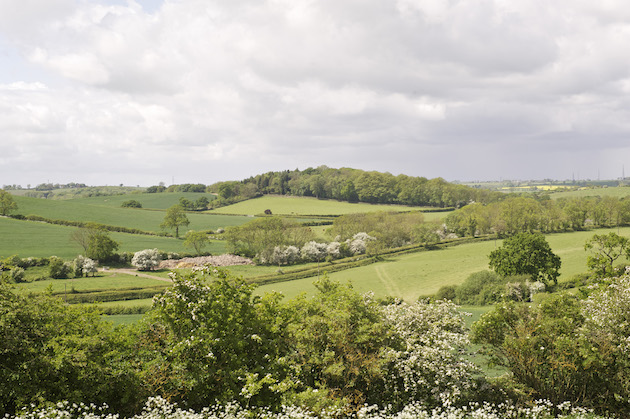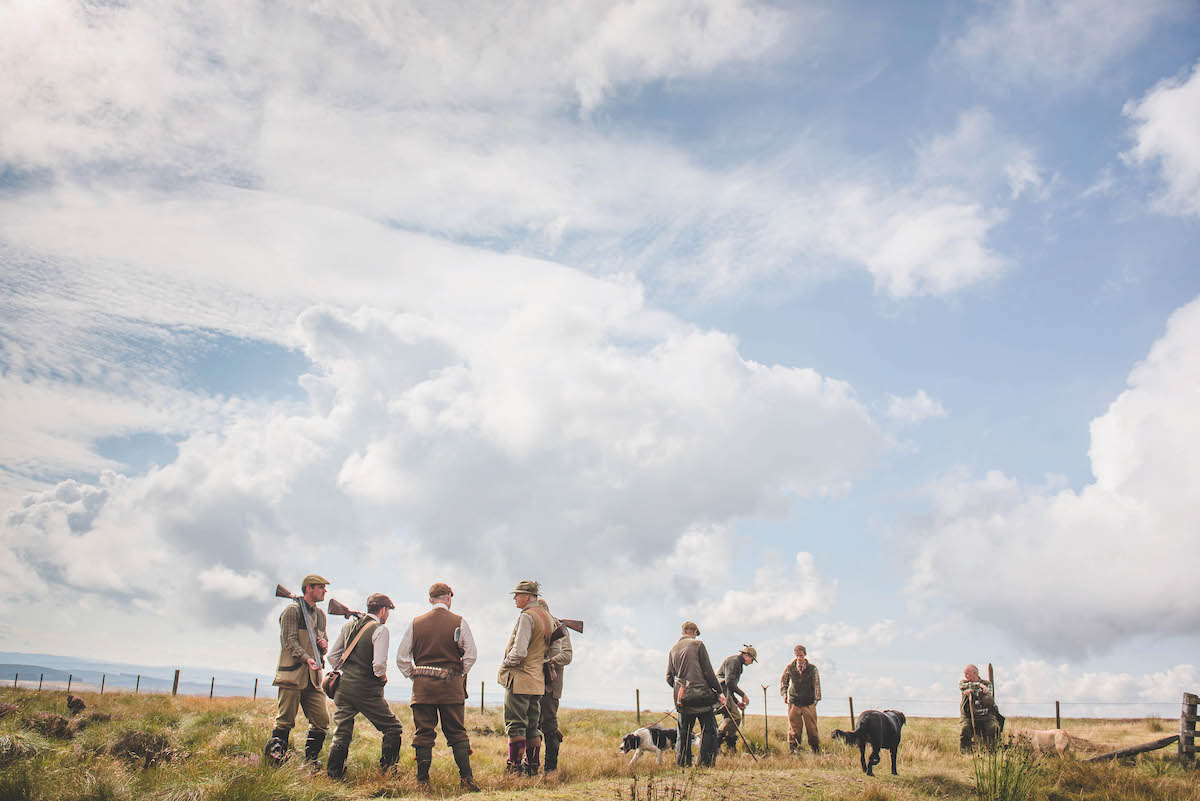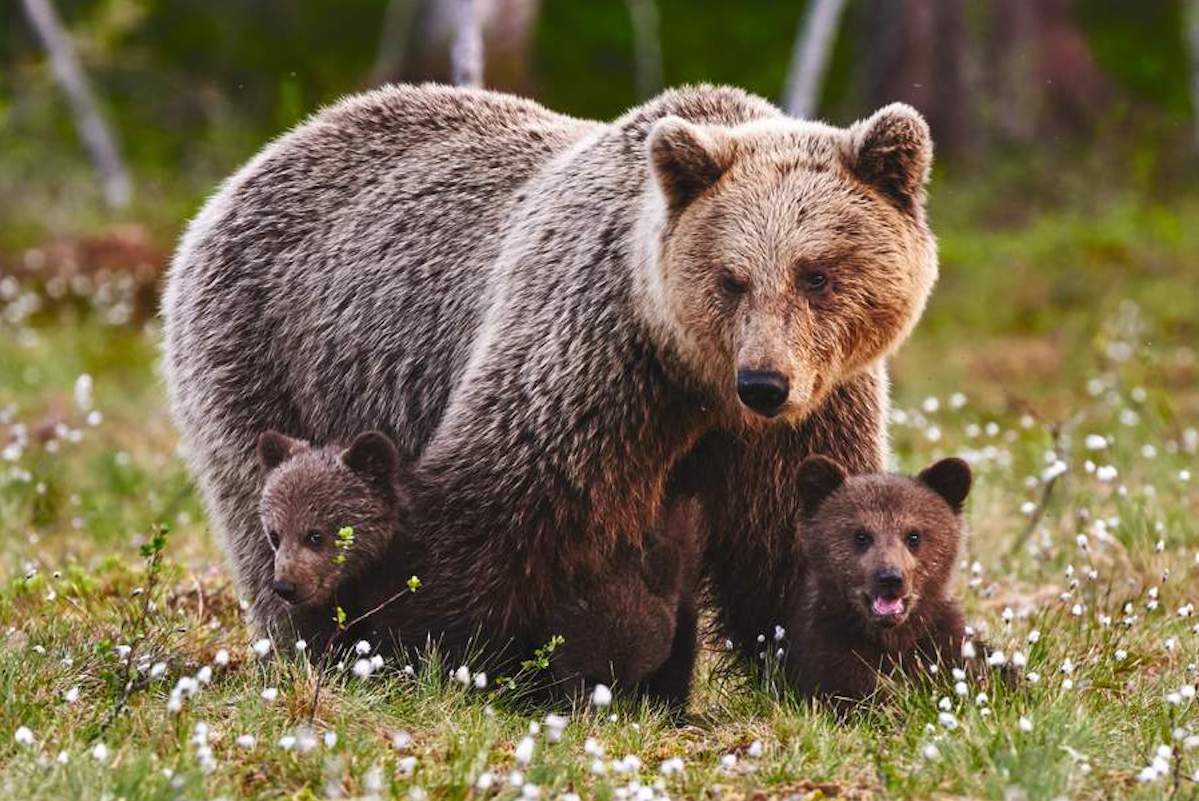Well done Tony Juniper, for challenging more public access
There are some signs that the negative impacts of unsustainable public access are finally being recognised by this country’s officials, writes Alasdair Mitchell

There were rumbles of discontent among the access lobby recently when Tony Juniper, the pragmatic chair of Natural England, declined to support calls for yet more public rights of access to private land. He explained that there was already a lot of public access on this crowded island and nature needed places where it could be undisturbed. He was referring to the situation in lowland England specifically.
This seems to mark a sea-change in the official attitude to public access. And about time, too. The parts of the countryside where wildlife can breed and rear young have dwindled, with predictable consequences for local species populations and biodiversity more generally. (Read public access is not a right.)
Undue disturbance at certain popular sites by people and their dogs has long been a problem. But for years it was one that the conservation blob refused to grip, because nobody in the conservation bureaucracy wanted to confront the access lobby. It seems Tony Juniper may have finally challenged the orthodoxy.
I once spent two years of my life as part of a Defra working group that was trying to sort out some of the more absurd vagaries of the process by which public rights of way are recorded in England. When I told friends who are solicitors about the current process, I was initially met with disbelief. My involvement in the working group came about after I wrote an article in The Field which caused a kerfuffle in the corridors of officialdom. I was invited to meet the chief official overseeing the Defra-funded claims system. Even he couldn’t believe some of the absurdities, until his advisers admitted that the cases I had highlighted were based on fact.
Nature conservation
During my time on the working group, we found ourselves fighting tooth and nail to have nature conservation taken into consideration in public access issues. The access lobby were, of course, in complete denial about any negative impacts. You’d expect that. What you might not have expected was that the same attitude prevailed at Natural England, as well as its counterpart for Wales, which had observer status. The officials had been well and truly captured by the access lobby and were very reluctant to do anything that might upset a cosy relationship.
In law, you are supposed to be able to get an official diversion of a public right of way if it passes through a protected site and could adversely affect the qualities of the land. But nobody had ever heard of such a diversion actually being made. We eventually managed to get Natural England put on the list of bodies consulted when a claim for a public right of way across a protected site is being processed, so that it couldn’t simply deny knowledge. Incredibly, the agency fought against us all the way. It wouldn’t surprise me if the stipulation has since fallen into abeyance. The blob tends to prevail over time.
So, well done Tony Juniper. He may have been stating the bleedin’ obvious, but he did so in the face of vested interests who are always wittering on about their love for wildlife but have no intention of letting it hinder their right to trample.








